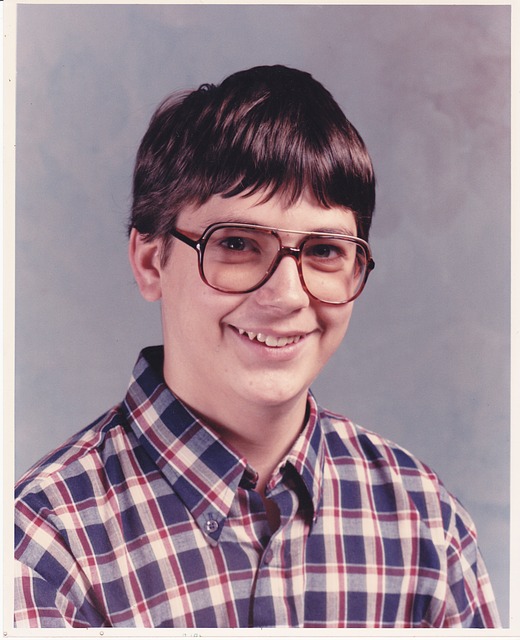Robert Federer was also a committed tennis enthusiast and was a regionally-ranked player. He and his wife would later more frequently hit the golf course, but at the time, tennis still came first.
Lynette often took her son to the tennis courts. Young Roger was fascinated by balls at a very young age. "He wanted to play ball for hours on end-even at one-and-a-half years old," his mother recollected. His skill was plainly apparent: He could hardly walk but he managed to catch larger balls.
Little Roger hit his first tennis ball over the net at three-and-a-half years old. At four, he could already hit twenty or thirty balls in a row. "He was unbelievably coordinated," his father gushed.
The Federer family was neither rich nor poor, just solid Swiss middle class. Roger grew up in a townhouse with a yard in a quiet neighborhood in Wasserhaus in Miinchenstein, a suburb of Basel.
Impulsive and ambitious, he was not an easy child. "Defeats were total disasters for him, even at board games," his father remembered. He was "a nice guy" in general "but when he didn't like something, he could get pretty aggressive." Dice and game board pieces sometimes flew through the living room.
Even as a little boy, his mother said, he always did as he pleased and attempted to push limits, whether it involved teachers at school or his parents at home or with sports. "He was very vibrant, a bundle of energy, and was sometimes very difficult," said Lynette. When forced to do something he didn't like, Roger reacted strongly. When bored, he questioned it or ignored it. When his father gave him instruction on the tennis court, Roger would not even look at him.
Roger was a popular boy, always friendly, not arrogant, well-behaved-and very athletic. He tried skiing, wrestling, swimming and skateboarding but it was sports that involved balls that especially fascinated him. He played soccer, handball, basketball, table tennis, tennis and, at home, he even played badminton over the neighbor's fence. He always had a ball with him, even on the way to school. One of his idols was Michael Jordan of the NBA's Chicago Bulls. He was outdoors every free minute he could muster. Work in the classroom that required concentration and sitting still wasn't his thing. He was not an ambitious student at school and his grades were mediocre.
Robert and Lynette were the ideal parents for a sports fanatic like Roger. They let him run free when he wanted to but didn't force him. "He had to keep moving, otherwise he became unbearable," Lynette said. She and her husband emphasized taking up various kinds of sports. They took him to a local soccer club called Concordia Basel at an early age so that he would learn to interact with teammates and become a team player.
His mother, however, declined giving her son tennis lessons. "I considered myself not to be competent enough and he would have just upset me anyway," she said. "He was very playful. He tried out every strange stroke and certainly never returned a ball normally. That is simply no fun for a mother." For hours, Roger hit tennis balls against a wall, a garage door, in his room against a wall or even against the cupboard in the house. Pictures and dishes were not safe and his sister's room wasn't spared either. "Things would sometimes break," Roger admits today. Diana didn't have an easy time with her brother and was forced to put up with the antics of her rambunctious younger brother. "He would always come around shouting when I was with my friends or he would pick up the receiver when I was on the phone," Diana said. "He really was a little devil."
As is the case for siblings of the highly-talented, it wasn't easy for Diana to stand in her brother's shadow. Whenever the family went out together, Roger became more and more frequently the center of attention. Lynette took her aside once: "Diana, it's no different for you than for your mother," she told her daughter. "Many people talk to me but the topic is always your brother." Diana, an aspiring nurse, only occasionally watched her brother's matches.
For example, at the 2005 Masters Cup in Shanghai, she and her mother left the stadium in mid-match to go on a vacation to South Africa. Diana is proud of her brother but prefers not being in the limelight and doesn't assiduously follow every detail of his career.
For example, when she watched Roger play Tomas Berdych of the Czech Republic at the Swiss Indoors in Basel in 2005, she had no idea that Berdych had surprisingly defeated her brother at the Athens Olympics one year earlier, dashing his dreams of an Olympic medal.





